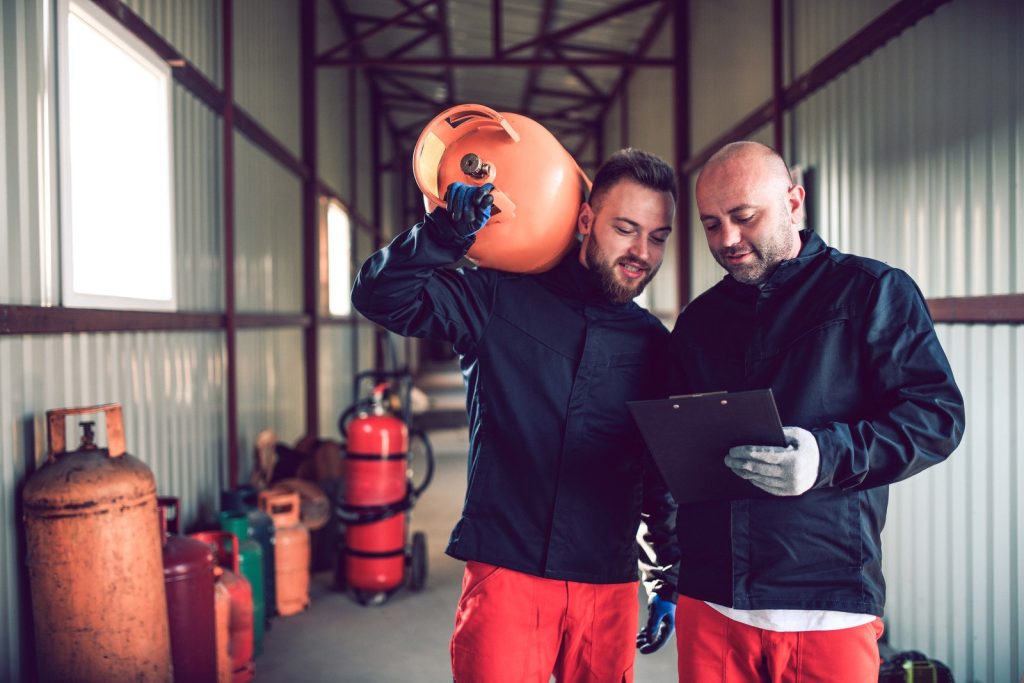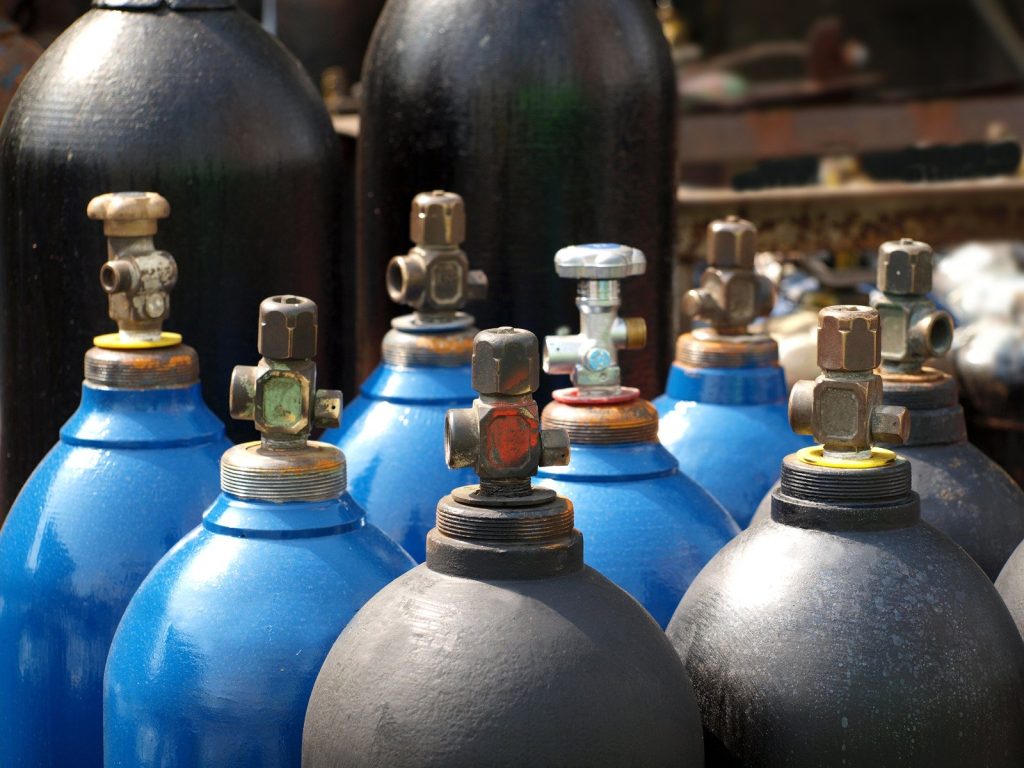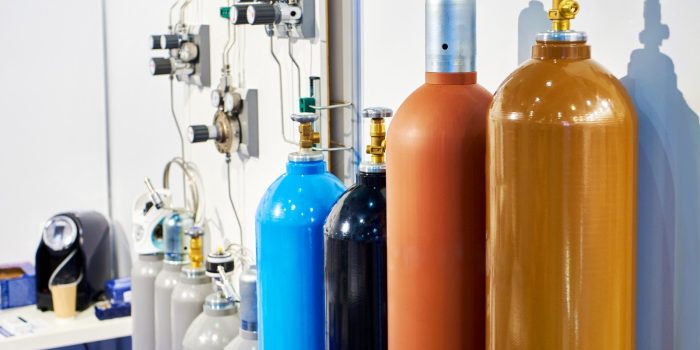What are UNO pourers?
UNO equipment is a filling unit that is used to pour hazardous substances, including fuel. In addition, they are also used to unload them. In order to work with UNO equipment, it is necessary to obtain the relevant qualifications issued by a special commission appointed by the Transport Technical Supervision. In order to be adequately prepared to pass the qualification exam, a training course on filling and emptying UNO tanks must be held. This course is conducted by qualified instructors at our centre.
UNO course

The UNO training course at our company allows participants to obtain the qualifications needed to operate equipment for filling and emptying transport tanks with hazardous materials. During the course, participants prepare for an examination to obtain their TDT licence. This is necessary for employees in positions that involve filling and emptying tanks, such as tank trucks.
In order to join the course offered by our company, several requirements must be met:
- be of legal age,
- have a minimum of vocational training or be certified as a skilled worker,
- have a certificate of good health and be able to work as a UNO operator,
- apply for the examination.
Purpose of the training
Our course aims to qualify participants to operate equipment for filling and emptying tanks and transport containers. In addition, participants learn about the basic theoretical, practical and technical aspects of safe equipment operation and prepare for the qualification examination, which takes place before a TDT board.
Scope of the course
Our course covers practical and theoretical knowledge. It concludes with an examination before a qualifying board of the Transport Technical Supervision. After passing this exam, the course participant is awarded a licence, which is valid for a further 5 years from its issue. However, the operator should remember to keep his or her knowledge up-to-date at all times. On the work site, it is very important to ensure that the work is carried out safely. It is important to remember all the procedures to follow when working with hazardous materials, such as fuels.

Course programme
During the courses, participants are taught about safety procedures, types and risks that can be caused by loads according to the ADR Convention. The trainee will also learn about the responsibilities of the position of equipment operator. A person who wants to carry out filling and emptying operations in the future must, among other things:
- obtain competences, which are confirmed by the attainment of a pouring licence,
- have knowledge of the equipment that is used at the workplace, as well as knowledge of its technical parameters,
- be familiar with the technical and operational documentation,
- be able to prepare a safe place to work,
- know the principles of first aid,
- know the steps to follow in the event of emergencies, fires or other accidents,
- continuously monitor measuring and control indicators.
Various types of nozzles and tanks are used in UNO operations. It is therefore important for the operator to familiarise himself with the documentation of the equipment and its technical parameters before starting operations.
Dangerous goods and their classification
Dangerous goods are materials and articles the carriage of which is prohibited or authorised only under the conditions laid down in the European Agreement concerning the International Carriage of Dangerous Goods ADR. This agreement was signed in 1957 and Poland joined in 1975. The regulations are amended every two years. Dangerous goods may be transported in consignment units, in bulk or in tanks. They may be in solid, liquid or gaseous form. Under the ADR, dangerous goods, subdivided according to the type of hazard they pose, constitute 13 classes. Dangerous goods include:
- petrol,
- certain solvents,
- paints,
- acids,
- certain liquids and gases which, because of their form, can only be transported in consignment units or tankers,
- lighters,
- batteries,
- fireworks.
Radioactive waste is classified as a specific hazardous material. They are subject to special transport considerations.
Forms of technical supervision and testing periods
The forms of technical supervision, as well as the deadlines for testing, are defined by Regulation of the Minister of Transport of 20 September 2006 on technical supervision conditions to be met by equipment for filling and emptying transport tanks.
Conditions for obtaining an occupancy permit

An appliance for which a form of full or limited technical supervision has been established requires the operator to obtain a decision which will permit its operation. This is issued by the technical supervision authority. The first decision to allow operation is preceded by the Transport Technical Supervision inspector carrying out activities such as:
- verification of the completeness of the documents,
- checking the condition and labelling of the equipment,
- conducting an acceptance test.
Preparation for testing
The operator shall prepare the equipment for the tests to the extent necessary for them to be carried out in a manner that is safe for those carrying out the tests. He shall also ensure that they are maintained. When preparing equipment for testing, it is important to take into account the requirements that are contained in the instruction manual.
Training provided:
- Gases - ADR/RID Class 2,
- flammable liquids - ADR/RID Class 3,
- other ADR/RID classes,
- pressure-safe materials.
We invite you to take a detailed look at what our company has to offer.


